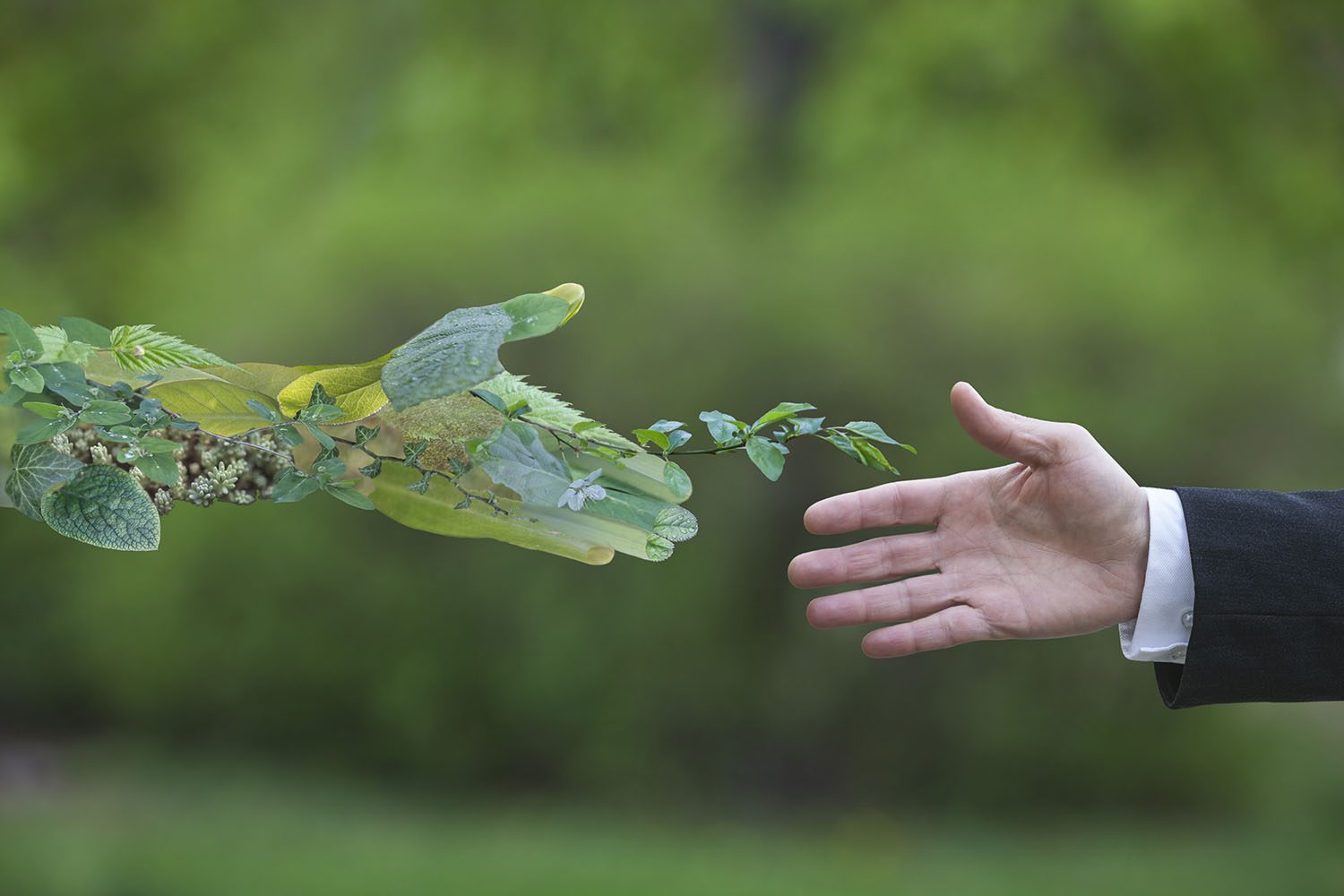
New priorities in a changed world
While the event sector is practically at a standstill, its actors are reinventing themselves by projecting online the scheduled conferences, congresses, meetings and festivals.
Many wonder what the post-pandemic version of these events will be. As it is customary to say, the world has changed.
Those who live in the city have noticed: the air is much more breathable, the birds have returned to sing, the engines instead are less heard, the industries no longer work as before.
Greenhouse gas emissions have fallen dramatically as a result of the brake on our economy.
Our way of consuming has been shaken by this health crisis that has, at least, had the merit to wipe out the superfluous from our lives and to redefine our priorities; priorities which often go hand in hand with support for local trade and the circular economy, the fight against waste and, more generally, environmental protection.
Necessarily sustainable development?
But what will become of these good intentions once the health crisis is over?
We have the right to hope and also to believe in a real conversion of the current planetary crisis into an unexpected opportunity.
Companies, festivals, events agencies, cultural and sporting events should set an example by visibly engaging in a sustainable development approach that can contribute to a real renewal of the ways of thinking and acting of each of us.
Some have already begun to do so and to communicate it, particularly the world of luxury, led by the LVMH group, whose president, Bernard Arnault, recently stated that from now on “development can only be sustainable.”
Fighting preconceptions about eco-responsible strategies
As for the events, it therefore seems necessary, first of all, to demolish some prejudices: no, organizing sustainable events is neither restrictive nor expensive.
Events are moments of ephemeral sharing, bearers of values, creators of social ties and support for the local economy, but they are also factors of pollution that directly and/or indirectly impact the environment. However, there are simple ecological measures that are easy to apply when organizing an event and that not only optimize expenses but also significantly reduce environmental impact.
By carefully choosing partners, who share the same values, it will be possible to limit waste, avoid the use of polluting materials (plastic bottles, PVC badges, etc.) and thus show the eco-friendly choices managers who led the organization of an event from its conception to its realization.
A unifying long-term strategy
Such a commitment inevitably generates added value, particularly in terms of image, because being involved in sustainable development means making courageous choices.
If it is properly communicated – through a speech, the creation of a label, the diffusion of images – this commitment can play a double function: both enhance the notoriety of the event and the organization that organizes it, that is to raise awareness of environmental issues the participants and the main actors of the event.
As we said, the world has changed and even if an organizer is not concerned about certain ecological issues, he must not forget that many of his participants are. It is therefore necessary to adapt one’s approach to these new problems.
In addition to bringing together people (suppliers, customers, partners, in-house business teams) in a cross-cutting and meaningful project, adopting eco-sustainable behaviors in the organization of your event allows you to acquire a more efficient working method since you can do better with less.
Clearly, sustainable development is profitable in more than one way, but you have to be patient. The energy spent in the defense of sustainable strategies always pays off, even if the benefits are sometimes only evident in the long term. But if there is a lesson to learn from this health crisis, it is to give value to time; a time that was lacking to all during the pre-covid period and that now must be filled.
This period should ideally contribute to an awareness, the imposed slowdown should free moments of reflection aimed at the search for meaning, coherence and emotional involvement in our work and in our way of life.



